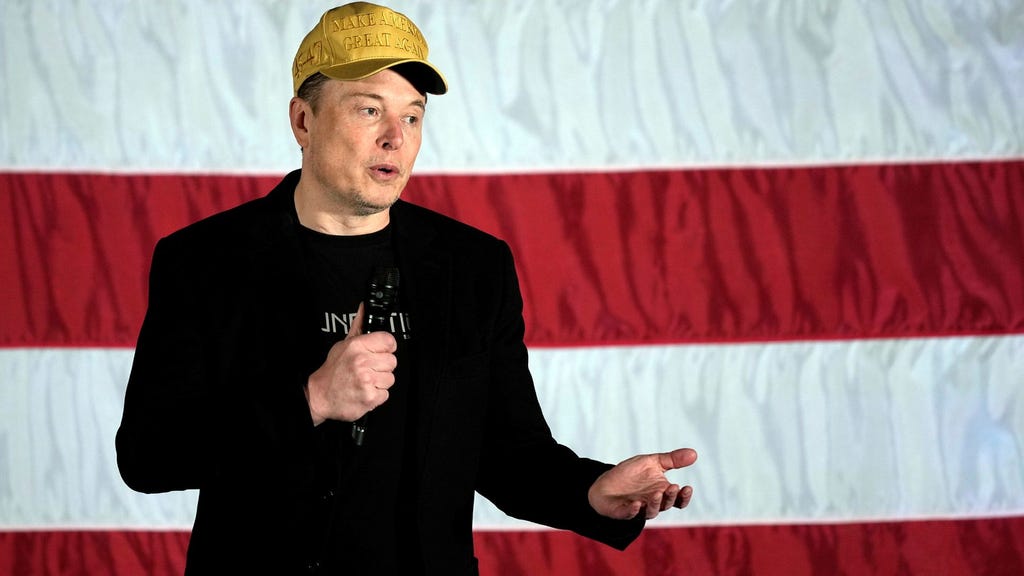Elon Musk, the world’s richest man and owner of the social media platform X (formerly Twitter), recently sparked controversy and speculation by abruptly changing his display name to ”Kekius Maximus” and his profile picture to a depiction of Pepe the Frog, an internet meme often associated with the far-right. This seemingly cryptic move, made without explanation, immediately drew widespread attention and fueled discussions about its meaning and potential implications.
The name ”Kekius Maximus” appears to be a playful combination of internet slang and a reference to popular culture. ”Kek” is an online term derived from ”lol” (laugh out loud) and frequently used in gaming communities. While initially innocuous, it has become increasingly associated with the alt-right in recent years. ”Maximus,” on the other hand, likely alludes to the protagonist Maximus Decimus Meridius from the blockbuster film Gladiator, which saw a highly anticipated sequel released this year. This blend of internet slang and a cinematic hero created a curious and multi-layered moniker for Musk.
Further adding to the intrigue was Musk’s choice of profile picture: Pepe the Frog, clad in Roman armor. Pepe, originally a harmless comic character, has been appropriated by online far-right groups and designated a hate symbol by the Anti-Defamation League. Its association with white supremacist movements during the Trump presidential campaign solidified its controversial status. Musk’s adoption of this image, particularly in conjunction with the ”Kekius Maximus” name, inevitably raised concerns about his intentions and potential endorsement of extremist ideologies.
The immediate aftermath of Musk’s name change saw a surge in the value of a cryptocurrency sharing the name ”Kek.” The digital currency experienced a dramatic 1,600% increase in value, prompting speculation about Musk’s involvement and whether his actions were intended to manipulate the market. While Musk has a history of influencing cryptocurrency prices through his social media pronouncements, no direct connection between him and the ”Kek” cryptocurrency has been confirmed. This incident further highlights the power and reach of Musk’s online presence, capable of impacting financial markets with seemingly trivial actions.
The incident comes amid growing concerns about Musk’s increasing political influence and his apparent flirtation with right-wing ideologies. His massive online following grants him a platform to reach millions, and his recent endorsement of the far-right German political party AfD sparked further controversy and criticism. This support, expressed in an op-ed published in the German newspaper Welt am Sonntag, led to the resignation of a political editor from the publication, highlighting the polarizing nature of Musk’s political stances. Moreover, former US President Donald Trump has reportedly suggested that Musk should lead a new government agency focused on efficiency, further solidifying Musk’s growing presence in the political sphere.
Musk’s actions raise important questions about the responsibilities of individuals with significant online influence. His seemingly whimsical name change and profile picture update, while potentially innocuous on the surface, carry significant weight given his platform and reach. The incident has fueled debate about the intersection of online culture, memetic warfare, and political discourse, highlighting the potential for seemingly trivial online actions to have real-world consequences. The ongoing controversy underscores the complexities of navigating a digital landscape where humor, irony, and extremist ideologies can become intertwined, and where the actions of influential figures like Elon Musk are subjected to intense scrutiny and interpretation.














